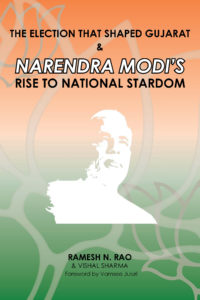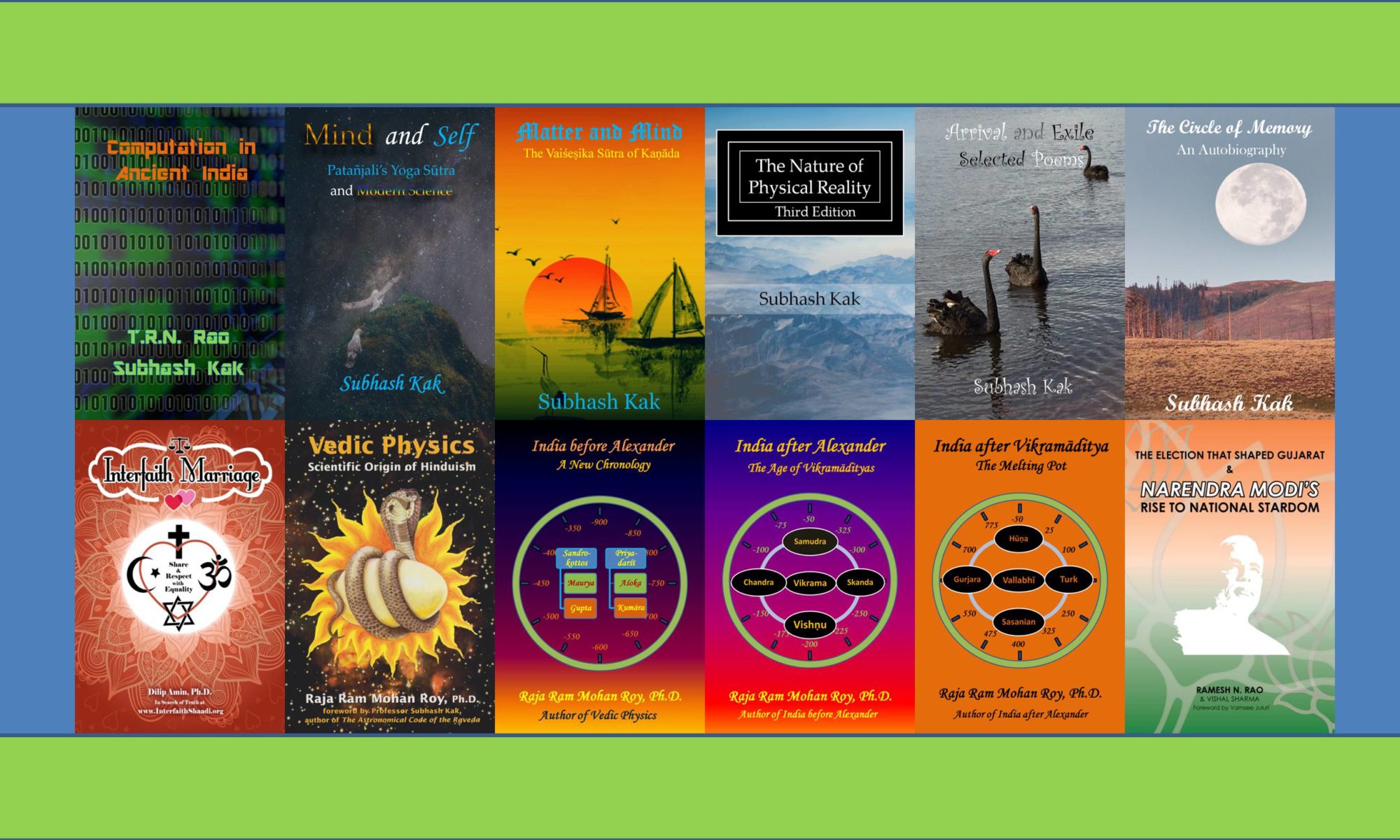
The Election that Shaped Gujarat and Narendra Modi’s Rise to National Stardom
Author: Professor Ramesh Rao
What were the events leading up to and the results of the elections to the Gujarat State Assembly in 2002? Both lost in the haze of time but still selectively recounted by partisans, this book seeks to provide the political and societal context as well as the minutiae of events and people that led to the election of Narendra Modi as Chief Minister of Gujarat. Despite Modi’s meteoric rise after the 2002 elections, the events in Gujarat leading up to the elections still cast a long shadow on his political legacy, and color the tales of the man and his mission. This inquiry recounts and analyzes that crucial period in Gujarat’s history and explains how Gujarat was a crucible for understanding and testing the sustainability of democratic traditions in the context of a multicultural society buffeted by global events. More importantly it tells the story of the rise of Narendra Modi as a national and an international figure.
“If there is one book that has to be studied to understand the causes, nature and dynamics of the Gujarat riots of 2002, if there is one book that has to be studied to understand the manipulations, distortions and propaganda which took place and which takes place even today against Modi, if there is one book that has to be studied to understand how the so-called secularism in India has through some dark alchemy transformed itself into an anti-humanist ideology not dissimilar from the anti-Semitic propaganda that took place in pre-holocaust Christendom, then it is this book” — Aravindan Neelakandan, co-author of “Breaking India”
“Political developments are punctuated by sensational events, like the Godhra arson attack against Hindu pilgrims in 2002 or Narendra Modi’s accession to power in 2014. The grey lines between them are rarely documented, but here, Prof. Ramesh Rao has painstakingly connected these dots. The national breakthrough of 2014 was prepared at the state level by a careful interplay between the enterprising Gujarati people and the dynamic policies pioneered by their Chief Minister. A focus on the state elections confirming him in power in spite of the unique hate campaign against him, reveals the gamechanging processes that underlie political revolutions. It is a lesson from which all stakeholders in politics can learn, including the present-day front men of Modi’s own party.” — Dr. Koenraad Elst, author of “Decolonizing the Hindu Mind”

